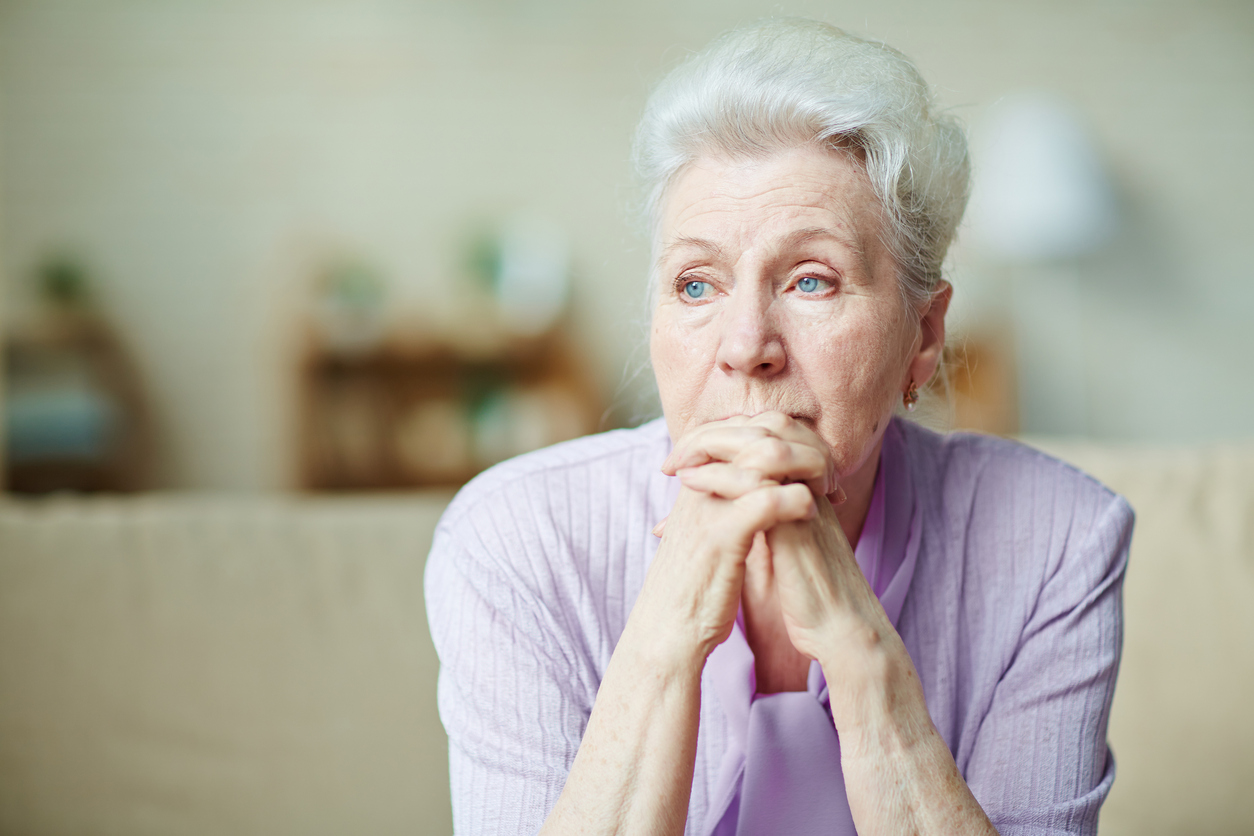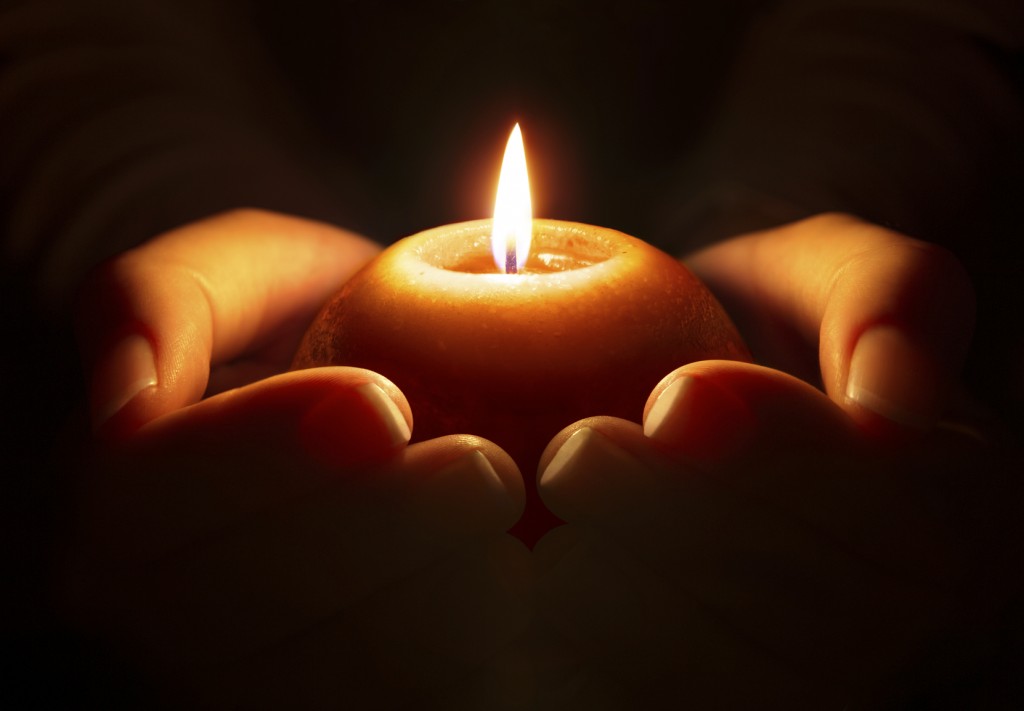The journey of caring for someone with Alzheimer’s or dementia can be challenging, stressful and exhausting at times. Caregivers need unconditional love and support.
Deborah Barr, co-author of , shares her appreciation for the selfless kind of love that is often demonstrated by caregivers.
“It really is a labor of love. We even have a word that we pulled from Hebrew to describe that kind of love, because it’s such a selfless love that goes beyond what we’re really capable of ourselves. The word is Chesed. It’s a Hebrew word that is a combination of love and loyalty, and that’s what it takes to love somebody who can’t love you back.”
Caregivers face physical and mental demands that require a great amount of their time and energy.
“About 40% are clinically depressed, many don’t get the sleep they need because the person with dementia may be up and down all night, or they may wonder. They carry a lot of stress; they tend to neglect their own health.”
Deborah encourages caregivers to prioritize their own health, so they can be effective in caring for their loved one.
“Caregiving is a team sport. You really cannot play all the positions on the team, and if you try to, you may burn out or you may bail out. Some people do bail out because this is not for the faint of heart – it’s a long journey.”
“The typical person, after diagnosis, is going to live 8-10 years, and so it’s 8-10 years of caregiving for a declining situation. It’s not going to get better, it’s going to get tougher and you really have to have support.”
She explains how understanding the 5 Love Languages can help us support the caregivers in our lives.
“Once the caregiver discovers their own love language and they share that with their friends, their family, and their care team, hopefully those folks will use the love language to reach out to the caregiver.”
By demonstrating loyalty and love to those we know who are in the role of caregiver, in turn, we are showing loyalty and love to those affected by dementia or Alzheimer’s disease.
“Everything you do for the caregiver ultimately benefits the person in their care. They need support, they need could rest, they need fun and recreation, all kinds of things that we all need. Nobody can be in that long situation without some respite, and that’s what we urge people to do for caregivers.”
Deborah Barr, M.A. is a master certified health education specialist and has a master’s in health education and promotion. Her familiarity with the love languages is longstanding, having provided editorial support for Dr. Gary Chapman as he wrote .
Caring for caregivers





















